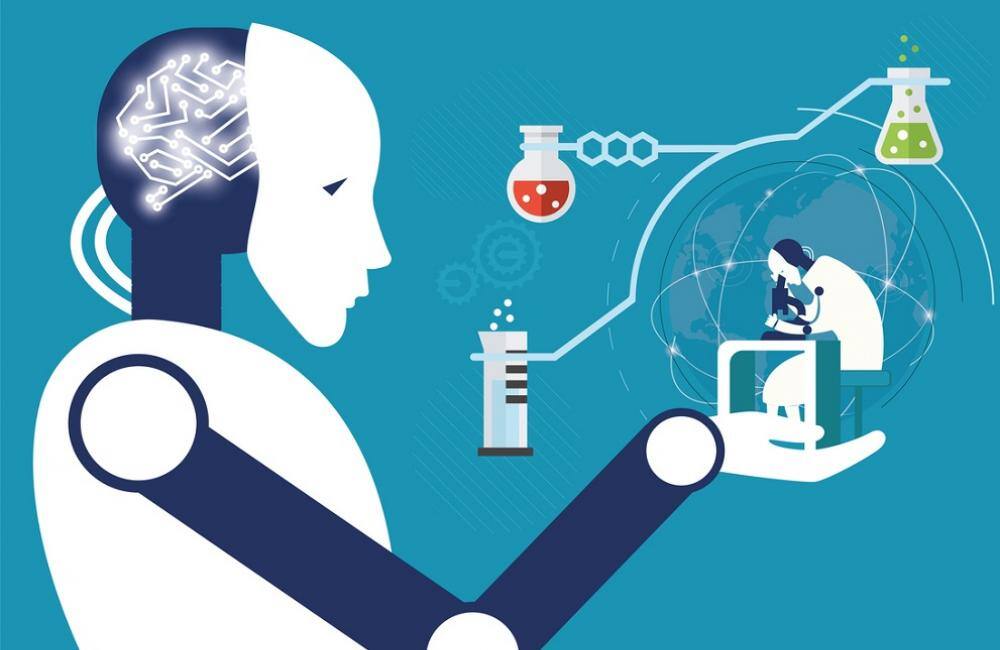Will Robots Take Away Human Jobs?
No, closing businesses are what take jobs away.
The world is advancing quickly, and one company's (or industry's, or society's) resistance to innovation won't stop others from moving forward. Many countries, like Germany, Japan, the UK, and of course China, have been investing in automation and AI for years. They know that being ahead in these areas will make them more productive and put them ahead in the international market. When domestic companies can't keep up with foreign ones, they end up outsourcing or closing down---which means that workers lose jobs, not because of new technology but from a lack of it. With a growing population and evolving needs, industries have to adapt and become more capable than they were before. Robotics and other developing technologies can help make this happen. In doing so, organizations can grow and thrive, which means they're in a better position to actually make additional hires.
Yes, we'll see robots take away human jobs---but not without giving back in return.
Since robots and machines are gaining capabilities to do some of the things humans have been doing, it's inevitable that some jobs will be replaced. Technology has always taken away some of the work of humans: think of hunting tools, farm plows, and assembly lines. But technological advancements have also created a host of new jobs that weren't there before, like software engineering and web design. Cybersecurity work is in high demand, with millions of job positions waiting to be filled. Twenty years ago, most of these latter jobs didn't exist. So while robots and their accompanying technologies take some jobs away, they also bring many new ones to the table. This likely means that a shift in education and training needs to happen. It's easy enough to envision a future where humans no longer do mundane jobs and everyone gets the higher education they need to do more applied, creative, thought-driven work. Getting to that point will be harder than envisioning it, but doing so would bring about a more fulfilled and productive group of society members that can solve the big problems we face today.
This likely means that a shift in education and training needs to happen. It's easy enough to envision a future where humans no longer do mundane jobs and everyone gets the higher education they need to do more applied, creative, thought-driven work. Getting to that point will be harder than envisioning it, but doing so would bring about a more fulfilled and productive group of society members that can solve the big problems we face today.
Yes, these jobs will be taken away, and we want them to.
Does anyone really want to do mindless and repetitive tasks all day every day? Chances are that those in menial work positions aren't there because of a passion for them but rather because, from lack of opportunity or training, these jobs are the only ones available to them. Sometimes these positions are dangerous or put people at risk---we've seen how robots have been able to reduce human exposure to infectious settings during Covid-19. The past few years have also shown us that many workers are unhappy in their jobs, and there's been a surge in open positions across industries. There are places people don't want to work anymore---they're in search of something more meaningful, more human. Perhaps robots doing robot work can open up a new space for humans to do more human work.
What will the future look like?
As robotic technologies become more common, we don't need to fear a situation where everyone's out of a job, despairing over what they're supposed to do with themselves. But we also shouldn't expect things to magically unfold so that humans are bursting with creativity in all kinds of secure positions. As with any technology, the adoption of robotic work should be done strategically, with a plan for how to restructure the labor involved. Where can displaced workers be put to better use, and how will they receive the training they need to change roles? Employees and organizations need to be flexible and always open to learning new skills. And any adoption of robots should be done with a mindset of improving things for humans---how they can achieve more and gain better lifestyles. Leaders should rethink their transitions if these goals won't be met. As labor economist David Autor sees it, "Most people’s fear of technology is really a fear of capitalism, what the markets will do with the technology. You can’t make a lot of progress if you’re making people poorer at the same time.” Progress isn't black and white; there are countless technologies that have made life better and more convenient while also creating problems, like environmental damage and ever-growing waste. But technology can help tackle the problems it has brought forth. It can do whatever we make it do---all of our technologies are an extension of us. How will we solve our problems and improve the world? Let the robots move and sort things while we figure that out.
Progress isn't black and white; there are countless technologies that have made life better and more convenient while also creating problems, like environmental damage and ever-growing waste. But technology can help tackle the problems it has brought forth. It can do whatever we make it do---all of our technologies are an extension of us. How will we solve our problems and improve the world? Let the robots move and sort things while we figure that out.
Stay connected. Join the Infused Innovations email list!
Share this
You May Also Like
These Related Posts
The Cutting-Edge Advantage: Planning Your AI Adoption for 2024


The Cutting-Edge Advantage: Planning Your AI Adoption for 2024
September 28, 2023
3
min read
The Future is Now: How AI and Robotics Can Help Fight Disease


The Future is Now: How AI and Robotics Can Help Fight Disease
April 13, 2020
3
min read
The Great Resignation and What it Means for Your Company


The Great Resignation and What it Means for Your Company
September 27, 2021
4
min read
No Comments Yet
Let us know what you think